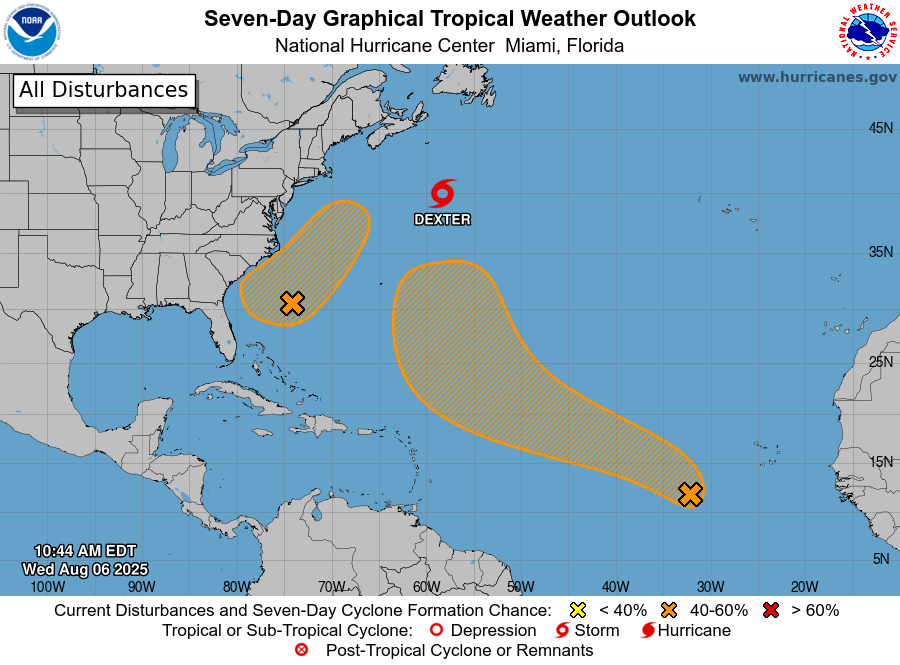
Introduction
The National Hurricane Center (NHC), a branch of the National Oceanic and Atmospheric Administration (NOAA), plays a critical role in monitoring and forecasting tropical storms and hurricanes. With an increasing incidence of severe weather events attributed to climate change, the importance of the NHC’s work has never been more relevant. By providing timely information and forecasts, they help safeguard lives and property across coastal regions in the United States and beyond.
Key Functions of the NHC
The NHC is responsible for issuing official forecasts, updates, and warnings regarding tropical systems. Each year, the center provides vital hurricane outlooks, including analyses of oceanic and atmospheric conditions that contribute to hurricane formation. Advanced satellite technology and radar systems enable forecasters to monitor storms in real-time, aiding in effective early warning systems.
During the Atlantic hurricane season, which runs from June 1 to November 30, the NHC works diligently to track storms as they develop and approach land. Their forecasts can provide critical lead time for evacuations and preparations, potentially saving countless lives.
Recent Activities and Developments
In the wake of a record-breaking hurricane season in 2020 and 2021, the National Hurricane Center has ramped up its efforts in public education campaigns focused on preparedness. Collaborating with local governments, the NHC emphasizes the importance of emergency kits, evacuation routes, and community readiness.
As of October 2023, recent hurricanes such as Hurricane Ian and Hurricane Fiona highlighted the center’s contribution to timely forecasting and weather alerts. The NHC’s detailed and precise warnings allowed communities to prepare adequately for potential disasters.
Conclusion
With climate change contributing to the increasing frequency and intensity of hurricanes, the essential services provided by the National Hurricane Center are more critical than ever. As they continue to enhance their forecasting capabilities and engage communities in preparedness efforts, the NHC remains a cornerstone of public safety in the face of increasingly severe tropical weather. Moving forward, continuous funding and technological advancement will be crucial for maintaining and improving these services, ensuring better preparedness and response to future storms.



